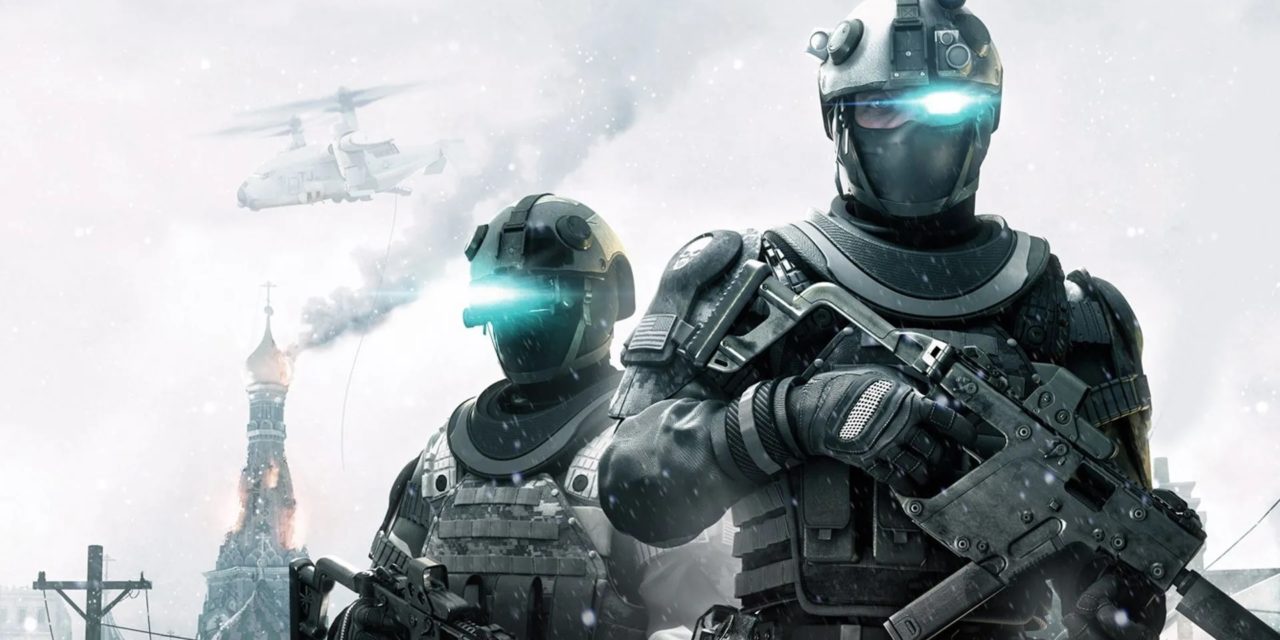In the military industry, winds of change are blowing strongly on the horizon. Every day, the conflict between Ukraine and Russia brings its share of information, news, reminders and even surprises in terms of weaponry, the conduct of the conflict and human military involvement. The era of rapid technological evolution compels us to contemplate the role of the soldier of tomorrow. With the advent of artificial intelligence, drones, and remarkable technological advances, some wonder if human forces will one day be replaced. The answer is complex, but one thing is certain: the soldier remains irreplaceable.
AI and Drones: Invaluable Assets
It is undeniable that artificial intelligence (AI) and drones have transformed the face of modern warfare. AI can analyze vast amounts of data in record time, thus enhancing military decision-making. Drones provide real-time surveillance, precision strikes, and the ability to explore inaccessible or dangerous areas for soldiers.
However, these technologies have their limits. AI, although powerful for data processing, cannot yet replicate the complexity of human reasoning. Drones, despite their precision, cannot make decisions based on moral, cultural, or ethical values. They are tools, extensions of human capacity, but they cannot replace soldiers on the ground.
The Soldier of Tomorrow: Adaptable and Competent
The soldier of tomorrow will be a highly skilled and adaptable professional. They will need to master emerging technologies while continuing to develop traditional skills such as land navigation, interpersonal communication, and resource management.
Soldiers’ training will include courses on AI systems, cybersecurity, and drone operation. They will learn to work in tandem with these technologies, use them strategically, and make informed decisions based on the information provided by these tools.
A Crucial Role for Complex Operations
Soldiers of tomorrow will be responsible for complex missions that demand rapid and nuanced decision-making. They will be tasked with gathering intelligence, negotiating, and interacting with local populations. Their ability to exercise judgment, discernment, and compassion will become decisive factors.
Ethics and Responsibility
The introduction of technology on the battlefield also raises crucial ethical questions. Soldiers of tomorrow will need to be trained to understand the moral implications of their actions and make decisions in line with societal values.
While technology continues to play an increasing role in modern warfare, soldiers (I mean real human soldiers) remain indispensable. They are the link between emerging technologies and the complexity of the real world. The soldier of tomorrow will be an agile and competent professional, capable of collaborating effectively with machines while bringing an essential human dimension to military operations. Ultimately, the future of national security relies on the combination of human expertise and technological advantages to address the challenges of an ever-evolving world.







